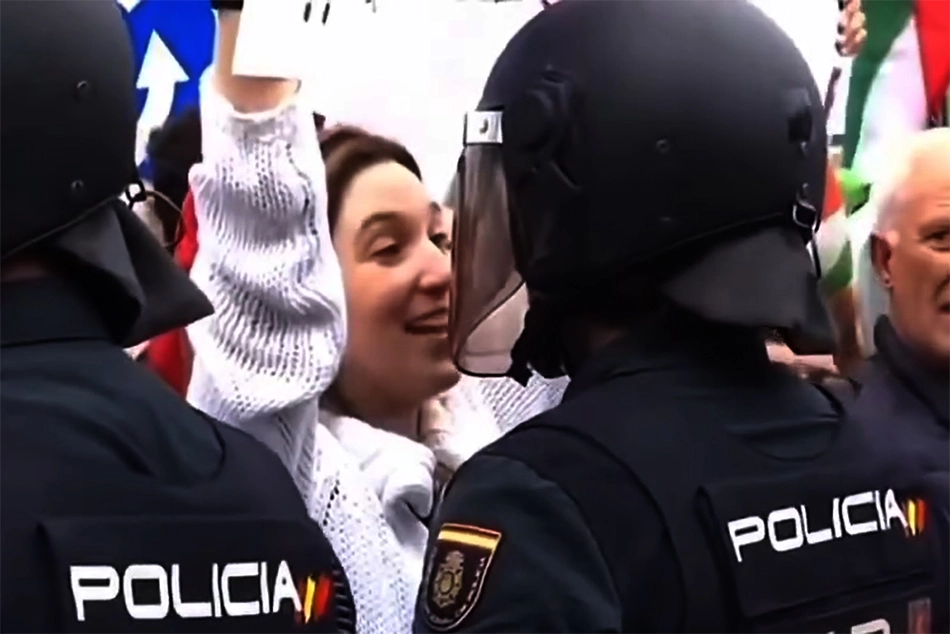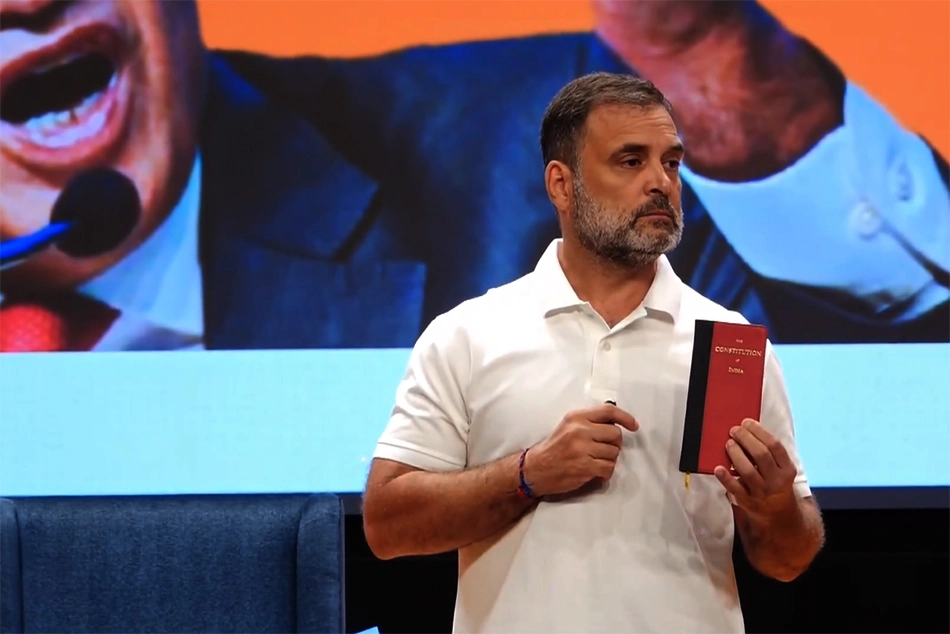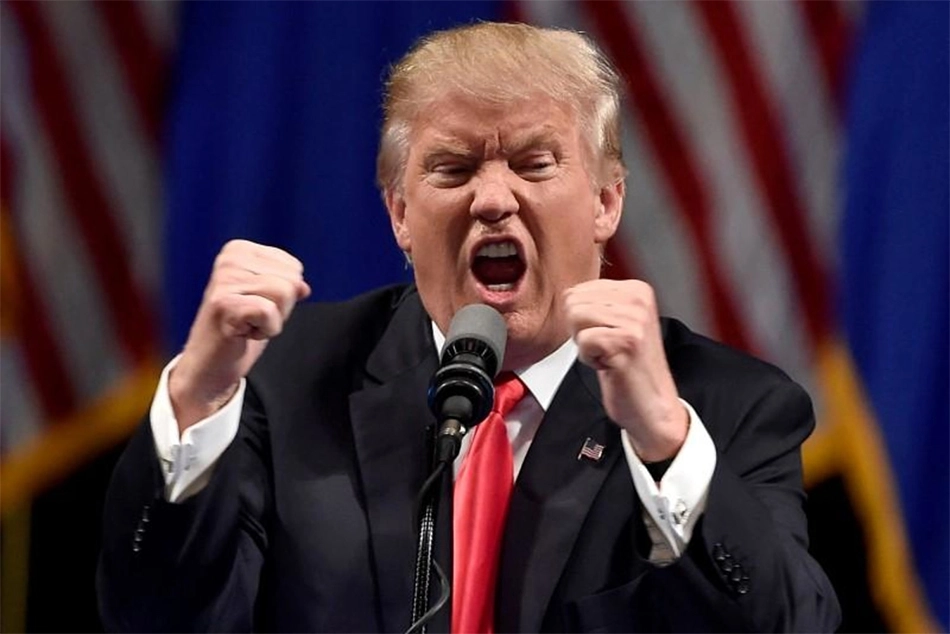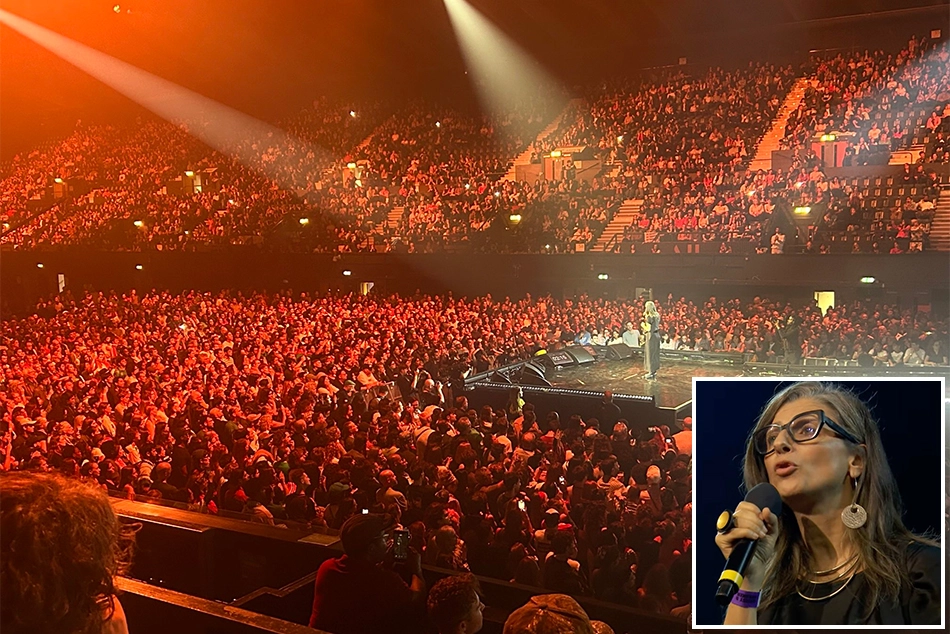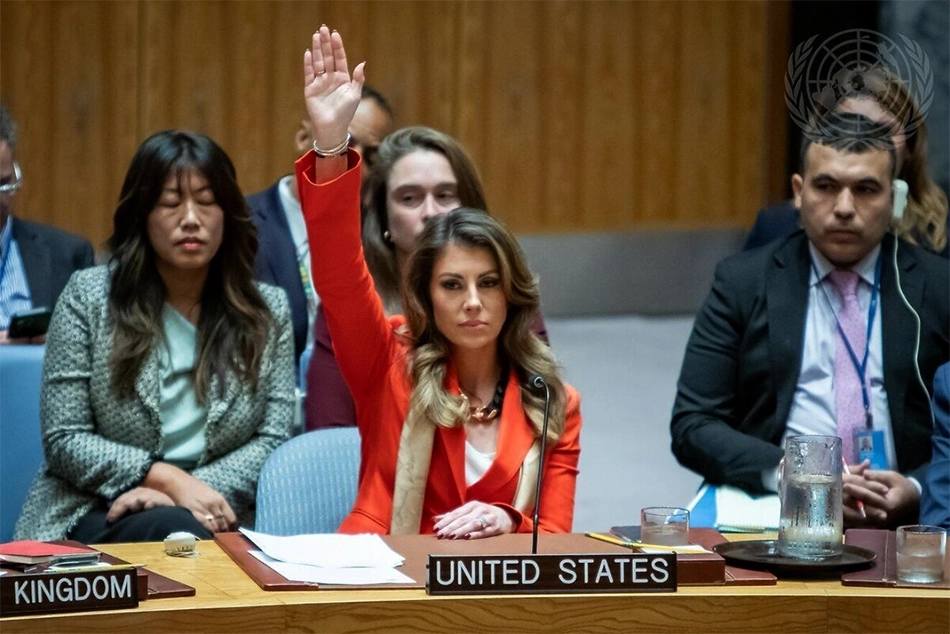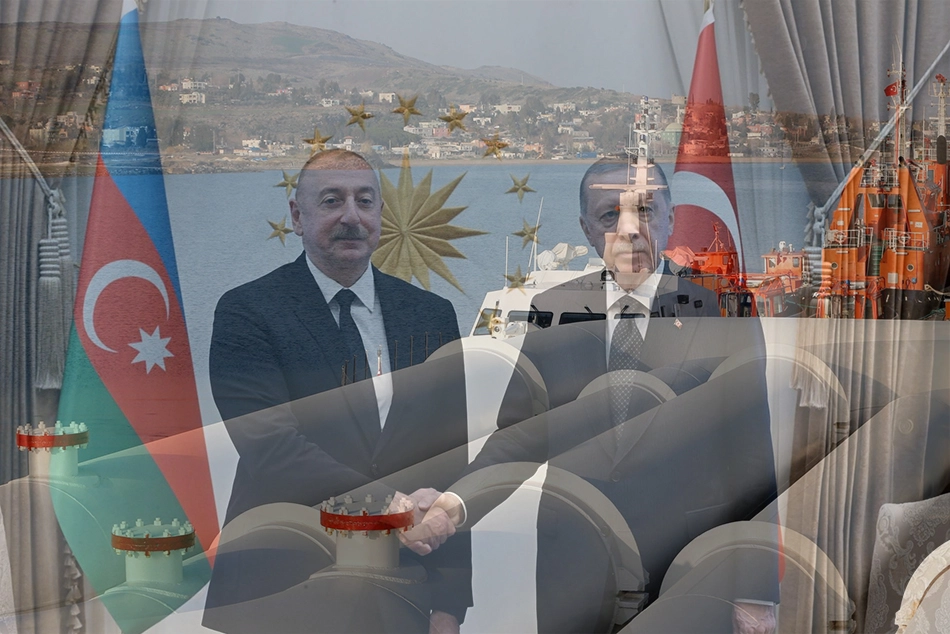
Will History Be Rewritten?
The recognition of the State of Palestine by its Western allies, is poised to deepen Israel’s international isolation, but will it ultimately lead to the establishment of two nations, the question lingers on
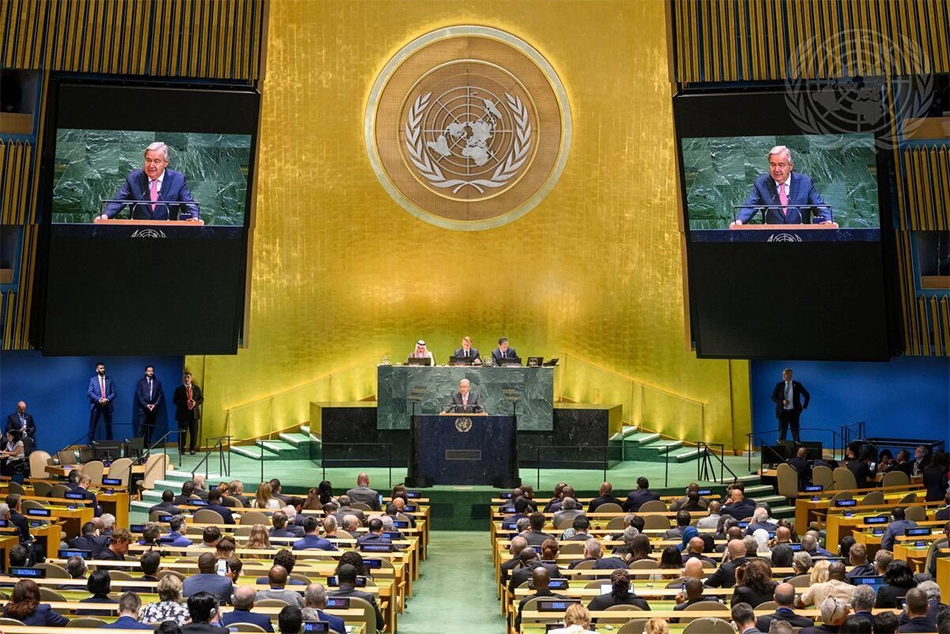
As Israel pushes for Gaza takeover, several Western nations have formally announced their plans to recognise a Palestinian state at the United Nations General Assembly. The move, which is being led by major western nations among others, is poised to deepen Israel’s international isolation, but will the move ultimately lead to the establishment of two nations, the question lingers on.
French President Emmanuel Macron on Monday (September 22) formally recognised the State of Palestine at a UN summit in New York co-hosted with Saudi Arabia. Palestinian President Mahmoud Abbas, who addressed the meeting via video link after the Trump administration denied him a visa, said Hamas would play no role in Palestinian governance.
Around 80% of the member states in the United Nations General Assembly have till now recognised the Palestinian state, as Israel continues its invasion and settlement expansion in the occupied West Bank.
Despite several oppositions from the United States and Israel, countries like France, Andorra, Belgium, Luxembourg, Malta, Monaco, the UK, Australia, and Canada have said to will recognise Palestine formally. US President Donald Trump is set to address the UNGA on Tuesday, where he is expected to speak on the Palestine issue.
At least 152 countries out of 193 UN members now recognise the state of Palestine, according to an AFP tally. That's three-quarters of all UN members.The count includes Britain and Canada -- the first G7 countries to do so, which formally recognised a Palestinian state on Sunday. Several other countries including France, Belgium, Luxembourg, and Malta did it on Tuesday (September 23).
Russia, alongside all Arab countries, almost all African and Latin American countries, and most Asian countries, including India and China, are already on the list.
Algeria became the first country to officially recognise a Palestinian State on November 15, 1988, minutes after late Palestine Liberation Organisation (PLO) leader Yasser Arafat unilaterally proclaimed an independent Palestinian state.
Egyptian Prime Minister Mostafa Madbouly said on Monday that his country would host a Gaza Reconstruction Conference as soon as a ceasefire is reached in the devastated territory.
"Egypt will, as soon as we reach a ceasefire, host an international reconstruction conference on the Gaza Strip to mobilise the necessary funding for the Arab-Islamic reconstruction plan," he said at a conference on the two-state solution at the United Nations
Pedro Sanchez, the Spanish leader who championed recognition of a Palestinian State, was greeted with loud applause at the conference.
"History’s judgement will be brutal with those who perpetrated the slaughter currently under way in Gaza – and with those who turn a blind eye," he said, calling for urgent efforts to stop the war in Gaza.The Spanish PM urges world leaders to grant Palestine full UN membership.
While France spearheaded the current push to recognise a Palestinian State, it was Spain that put the subject on the agenda more than a year ago when it led a first group of EU nations in recognising the State of Palestine.
Since the start of the war in Gaza, Spain has emerged as one of the most forceful EU critics of Israel’s devastating campaign, which has ravaged most of the Palestinian enclave and killed or maimed tens of thousands of its inhabitants.
And when most Western countries rushed to suspend their funding of UNRWA over Israeli allegations that some of its staff had a role in the October 7 Hamas attacks, Spain chose instead to triple its donations, citing the UN aid agency’s critical role in providing urgently needed aid to Gaza’s stricken civilian population.
Australia too, recognised the state of Palestine on Sunday (September 21), alongside Britain and Canada.
"In 1947, Australia was proud to be the first UN member to vote in favour of the plan that made it possible to establish the State of Israel," Australian PM Anthony Albanese said. "But that plan always envisioned a Palestinian state too."
Recognition of a Palestinian State will end the "decades-old wilderness of statelessness, characterised by occupation and now genocide", South African President Cyril Ramaphosa said. He condemned both the October 7 Hamas attacks and Israel's "disproportionate punishment against the people of Palestine".
Ramaphosa, whose country has spearheaded efforts to hold Israel accountable at the International Court of Justice (ICJ), also called for the establishment of a Palestinian state "along the 1967 borders with East Jerusalem as its capital".
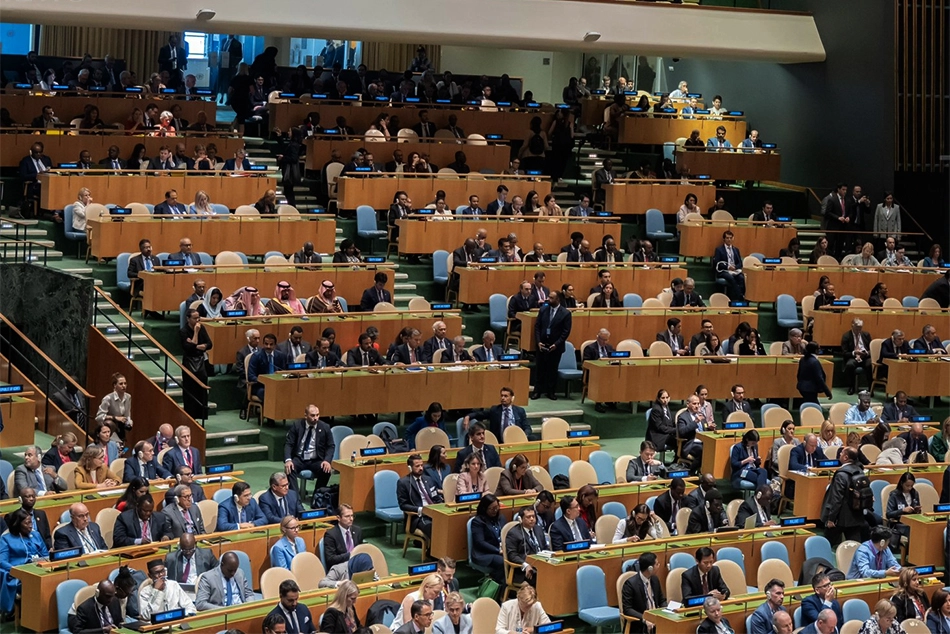
Portuguese President Marcelo Rebelo de Sousa was greeted with loud applause over his country's recent recognition of the state of Palestine. He recalled Portugal's "constant support for the two-state solution", addressing the head of the Palestinian Authority Mahmoud Abbas as the "president of the state of Palestine".
Brazil's President Luis Inacio Lula Da Silva, urging international pressure on Israel to end its Gaza offensive and accept a two-state solution said, "What is happening in Gaza is not only the extermination of the Palestinian people, but an attempt to destroy their dream of a Palestinian state,"
The Turkish President Tayyip Erdogan congratulated "all the countries that have decided to recognise the State of Palestine". He called for "concrete steps" to end the war in Gaza.
"In our region, an unprecedented catastrophe has been unfolding under the Israeli government's inhumane attacks," he said. "Their goal is to make a Palestinian State impossible and to force the Palestinian people to leave their land."
The Palestinian Authority President, Mahmoud Abbas started his speech by thanking France and Saudi Arabia for organising "this historic conference". He said Hamas will have "no role" in the Palestinian state. Abbas concluded his speech with an address to "the people of Israel," declaring that "our future and yours depend on peace".
Addressing the audience, UN Secretary General Antonio Guterres thanks France and Saudi Arabia for their efforts to rekindle hopes of a two-state solution, "without which there can be no peace in the Middle East".
"I urge you to do everything in your power to allow the two-state solution to prevail, this for the people of Israel, of Palestine and for humanity as a whole," he said.
"Statehood for the Palestinian people is a right, not a reward", he added.
Saudi Arabia's Foreign Minister Faisal bin Farhan Al Saud addressed the conference on behalf of the country's leader Mohammed bin Salman. He commended France's recognition of a Palestinian State, adding that a two-state solution is the only path to peace in the region.
Meanwhile, the Israeli military is continuing its ground offensive in Gaza City, which they launched last week, to take over the territory and has dismantled underground shafts and destroyed multiple structures, killing at least 60 Palestinians Monday, according to Gaza health authorities.
The Israeli forces, which currently control Gaza City’s eastern suburbs, have been assaulting the Sheikh Radwan and Tel Al-Hawa areas so that they would be positioned to take on the central and western region of the city.
The conference was the culmination of months of diplomatic work led by Saudi Arabia and France sketching out what Gaza could look like after the war, including in the now widely supported New York Declaration. It will be a moment of high emotion for all sides.
The conference statement included a commitment endorsed by the Arab League that Hamas would not play any role in the future governance of Gaza, and that a UN-mandated international peace force would maintain security before a full takeover by a vetted Palestinian police force.
However, the cynics might not be wrong in saying that the recognition of Palestine will not change anything on the ground.
As reported in The Guardian, two veteran negotiators – Robert Malley and Hussein Agha – in their new book, Tomorrow is Yesterday described the two-state solution as a meaningless distraction and a performative notion used by diplomats for 30 years to avoid finding real solutions. They are of the view that without practical steps to force Israel engage, “the offer of recognition won’t change the life of a single Palestinian”.
(The writer, Asad Mirza, is a New Delhi-based senior commentator on national, international, defence and strategic affairs, environmental issues, an interfaith practitioner, and a media consultant.)
Follow ummid.com WhatsApp Channel for all the latest updates.
Select Language to Translate in Urdu, Hindi, Marathi or Arabic
